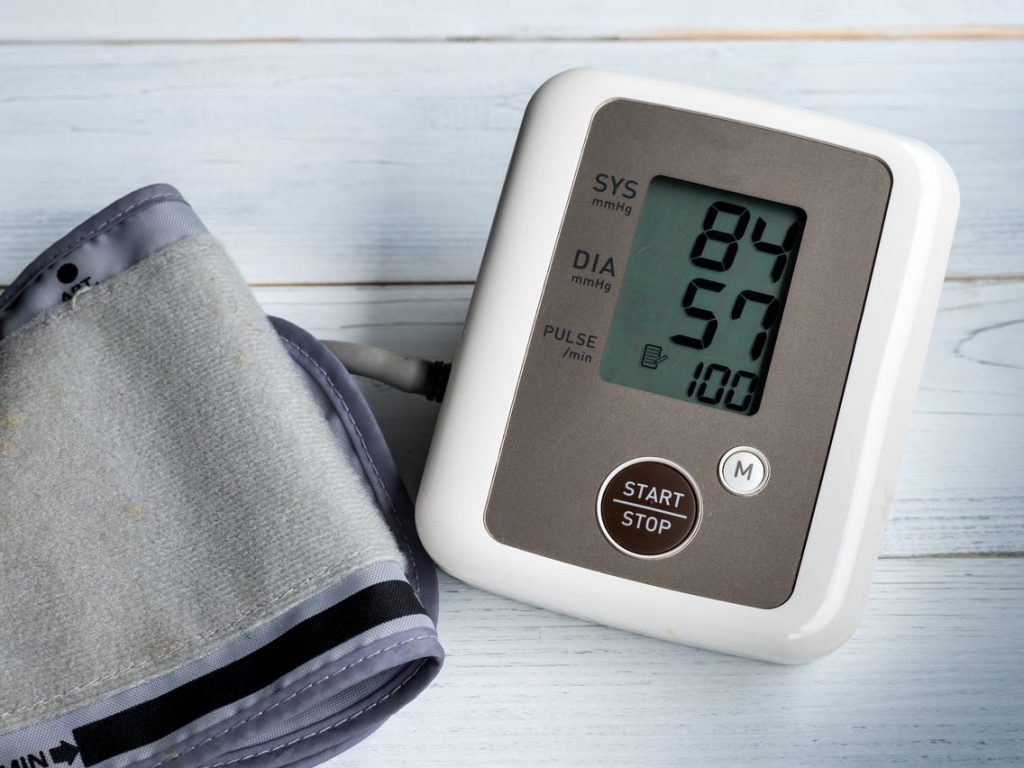You’re likely very familiar with high blood pressure, also known as the “silent killer”, and hypertension. But have you ever heard of low blood pressure, or hypotension?
While low blood pressure isn’t as talked about as high blood pressure, folks, it can still pose some problems and sometimes signal a more serious underlying condition. People with low blood pressure may faint, feel dizzy or nauseous, experience breathing problems, itch and more. If you have just one or two unusually low readings, you’re likely all right, but you should still talk to your doctor. If, however, you’ve had consistent low readings and are having symptoms, it’s important you contact your doctor about it right away.
If you are diagnosed with low blood pressure, your treatment will depend on the cause. However, there are some common preventative and treatment methods your doctor may recommend.
Stand up and get moving
Standing up regularly and doing other simple things, such as stretching in bed before you get up, may help with your low blood pressure by boosting your heart rate and increasing blood flow. However, you shouldn’t stand for a long period of time to avoid a specific type of low blood pressure known as neurally mediated hypotension.
Try compression stockings
Compression, or support, stockings will put more pressure on your stomach, legs and feet. This can help improve your blood’s circulation.
Keep yourself hydrated
Being dehydrated can cause your blood pressure to drop because your body depends on fluid to boost your blood volume. Drink more water, limit alcohol intake and pare down your caffeine intake; both alcohol and caffeine will dehydrate you. Ask your doctor if you should increase your salt intake, too, as this can raise blood pressure but is not appropriate for everyone. People with certain heart conditions, for example, can be harmed by increasing their sodium intake.
Seek treatment for underlying conditions
Sometimes, low blood pressure is caused by other health problems, such as endocrine or heart problems or nutritional deficiencies. Work with your doctor if they suspect your low blood pressure has an underlying health cause.
Discuss your medications with your doctor
Some medications can cause low blood pressure. Never stop taking any medications without talking to your doctor first, however, as this could have serious consequences for your health. Your doctor may suggest another medication instead or adjust your current dosage.




